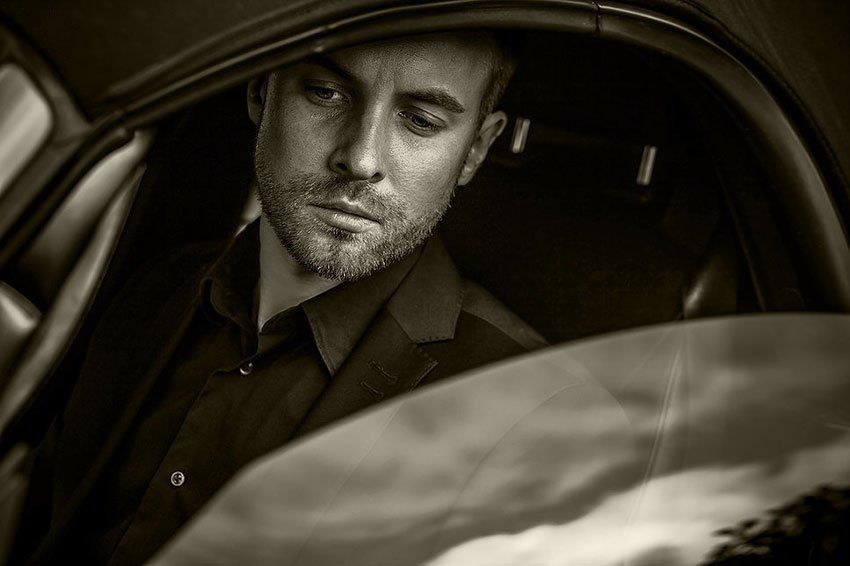Practice Areas
Stopped for a DUI/OVWI?
STOPPED BY THE POLICE
If the police stop you, that is stressful enough. If you have been drinking, then your stress level may increase a hundredfold. If the police believe that you have been drinking, the police will likely start an Operating a Vehicle While Intoxicated (OVWI/DUI) investigation. An OVWI/DUI investigation generally follows the same basic procedures.
Most officers will ask you where you were coming from, where you are going, where you have been, and whether you have been drinking or had something to drink. They may ask the questions in a non-aggressive manner with the expectation you will make incriminating statements telling them you came from a party or bar and had been drinking. Remember all those cop movies where they say, “You have the right to remain silent”? Well, the less you say, the better you may well be. In this case, the officer may be only interested in getting you arrested.
YOU HAVE THE RIGHT TO REMAIN SILENT
You do have the right to remain silent. You have no duty to tell the police anything except your identity and provide them with identifying paperwork such as driver’s license, vehicle registration, and proof of insurance. If you choose not to answer the police’s questions, do so politely. Always be polite because, in most instances, the officer is not going to be happy and will be very nervous. You can let the officer know you are going to exercise your right to remain silent.
STANDARD FIELD SOBRIETY TEST
At some point, the officer will ask you to exit your vehicle and perform Standard Field Sobriety Tests (SFST). Field Sobriety Tests are a quick and easy way for the police to investigate if a person is under the influence of alcohol. The tests can be subjective, and if you fail, even one of the Field Sobriety Tests, the police will use that failure as evidence you were intoxicated. If you decline to take the Field Sobriety Tests, then there will be less evidence the police have against you. You have the right to refuse the Field Sobriety Tests. You may also decline the test if you are over a certain age, have physical problems or other physical issues that may affect your ability to complete the tests successfully.
PORTABLE BREATH TEST
After asking you to do the Field Sobriety Tests, the police will ask you to blow into a Portable Breath Test Machine (PBT). If you blow into the Portable Breath Test Machine and there is alcohol in your system, the police now have additional evidence against you. You have the right to decline the Portable Breath Test.
IMPLIED CONSENT LAW AND THE CHEMICAL TEST
Finally, the police are going to read you Indiana’s Implied Consent Law and ask you to submit to a Chemical Test. The police put you in a Catch-22. You do have the right to refuse the Chemical Test; there are severe legal consequences. First, your license will be automatically suspended for at least one year. Second, refusing to take the chemical test can be used against you in court and at trial. Third, if you refuse, the police can obtain a warrant to have your blood drawn by a qualified person. Cases without the field sobriety tests, no breath tests, and no blood tests are going to be more challenging for the prosecutor to prove.
Attorney Mark Nicholson represents individuals accused of drunk driving in Indianapolis and throughout Indiana. He has won drunk driving cases. A recent drunk driving case was featured in the Indianapolis Star, RTV6 news and the national news because of the prosecutor's bad conduct. If you or someone you know is arrested for DUI / OVWI, call Attorney Mark Nicholson today at 317-667-0718.
Please click here for more information on DUI/OVWI laws and download a copy of the Standard Field Sobriety Test Manual. Or purchase a copy of my answers to common DUI/OVWI questions. The book, Accused of an OVWI can be purchased by clicking here.










